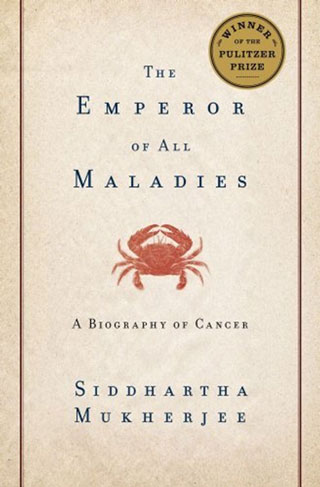 Crotchet
Crotchet
Noun.
1: obsolete a: a small hook or hooked instrument b: Brooch.
2a: a highly individual and usually eccentric opinion or preference b: a peculiar trick or device.
3: quarter note syn, see caprice.
[Origin: Middle English crochet, from Anglo-French crochet, croket.]
{14th Century).
“It had occurred to Jakob that he’d left his beloved tobacco back at the house. A few puffs would perhaps have helped his mood a bit, but then he remembered, Johann Lechner, despised tobacco. If Schongau had not been a Catholic town through and through, the secretary could have been viewed as a crotchety, pleasure-hating Protestant.” – The Play of Death, Oliver Pötzsch.











